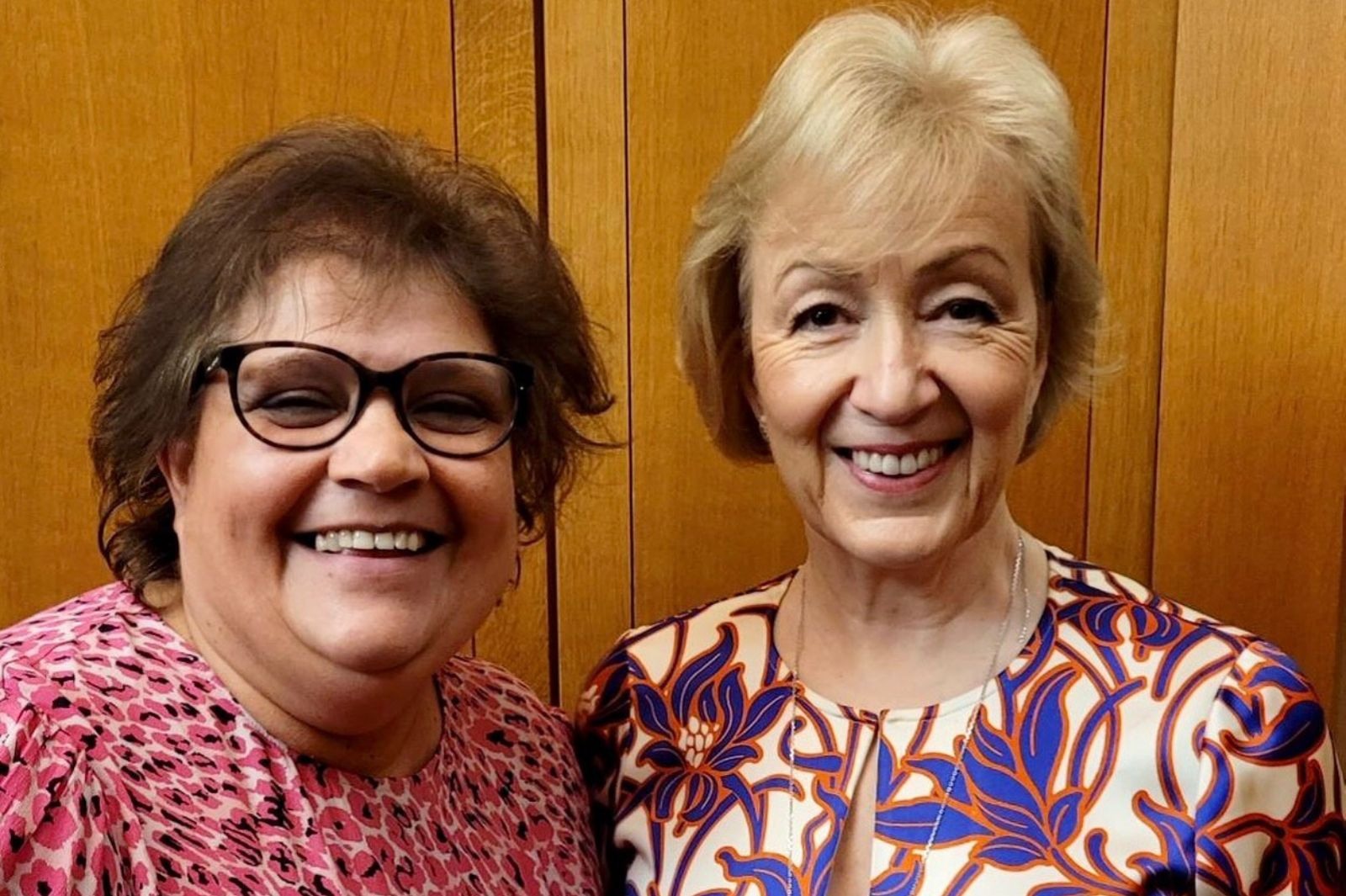UON academic supports Manifesto for Babies
Date 21.03.2024
21.03.2024
Building a better world for babies and all is the rallying cry this week, with the launch of a major, early years manifesto championed by a University academic.
‘A Manifesto for Babies’ was published earlier this week by the First 1001 Days Movement, a coalition of over 200 charities and professionals. They believe that babies’ emotional wellbeing and development matter and their Manifesto contains five recommendations for political parties:
- An ambitious cross-government strategy to support babies’ healthy development.
- Invest more in prevention.
- Tackle health inequalities so that all babies have a good start to life.
- Develop a workforce plan for children‘s social care and the early years.
- A rapid review of the tax and benefits system for parents and carers of those under two.
One of the guiding hands behind the Manifesto is Eunice Lumsden, University of Northampton’s Professor of Child Advocacy.
Professor Eunice Lumsden presented at the launch of the Manifesto for Babies in Westminster this week (Tuesday 18 March). Professor Lumsden is pictured with the Rt Hon Andrea Leadsom, Parliamentary Under Secretary of State( Minister for Public Health, Start for Life and Primary Care).
Professor Lumsden spoke about the recommendation for developing a workforce plan for the social care and early years workforce, something she has firmly championed and conducted extensive research into.
Professor Lumsden highlighted the challenges faced in both sectors of recruitment and retention and the importance of investing in a graduate-led workforce. She also emphasised the challenges in the early years sector that are being compounded by the increased funded support for working parents, especially for babies.
Professor Lumsden states: “There is nothing more precious than welcoming a new life into the world and our youngest citizens all deserve the best start for life.
“Yet, we know children born into social disadvantage are exposed to factors that impact negatively on their development and life chances, including their long-term health and educational outcomes. For instance, parents choosing settings with ‘Baby Rooms’ need to be assured that the staff working in them have the highest qualifications and understand the impact of the separation of infants from their primary carers and how to mediate this.
“We have the evidence, we have made a start, but we have so much more to do to change the script for so many babies and their families.”